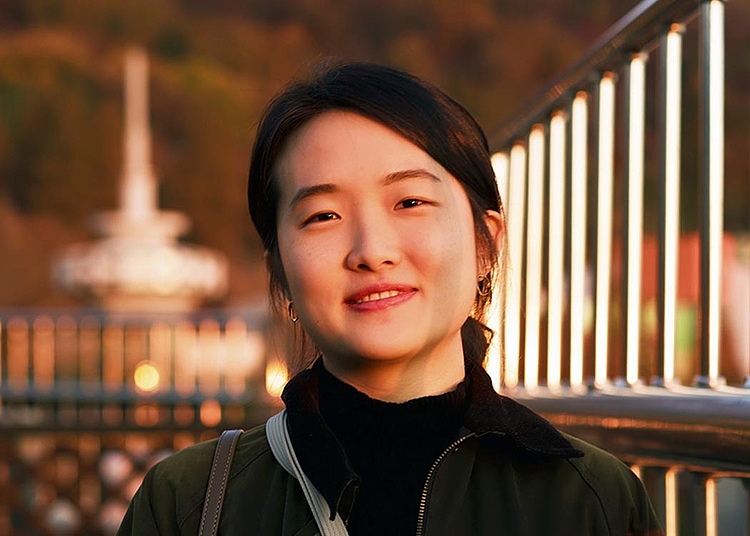You are currently working as an intern in a VR production company in South Korea. That sounds really impressive. Tell us more about your internship!
My internship institution is called Giioii, a VR production company based in South Korea. They run projects in any field where VR can prove effective, using art, technology and storytelling.
Currently there are eight members in the company all coming from different backgrounds mainly from film production and directing, art management, and programming. They also make their own original VR experiences, such as Carving with Memory: Ihyangjung, which was selected for the South By Southwest and Missing Pictures, a VR documentary series, in which prominent directors from all around the world talk about films that have never been made but are always in their minds.
How did you come across the internship? How was the application process going?
First, I had an Immersive Storytelling module in the Visual and Media Anthropology program, where Gayatri Parameswaran and Felix Gaedtke were our professors. Previous to this study, I didn’t have too much experience or interest in VR storytelling. When I pitched for my VR work for final project, Gayatri introduced me to Giioii based in South Korea. With Gayatri’s introduction, I emailed and sent my portfolio to the company if I can do an internship. We had a short interview through zoom and introduced ourselves to each other. We thought of it more like a project in terms of working together, rather than working for an institution.






